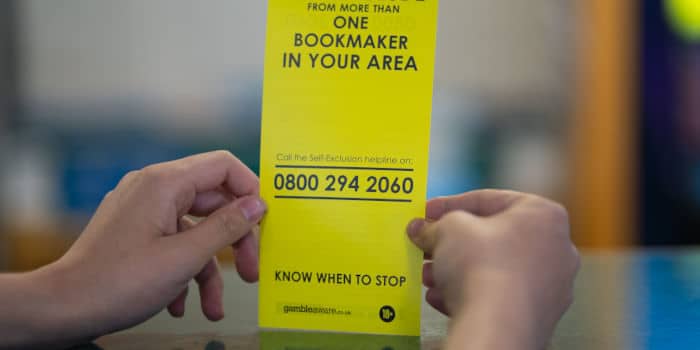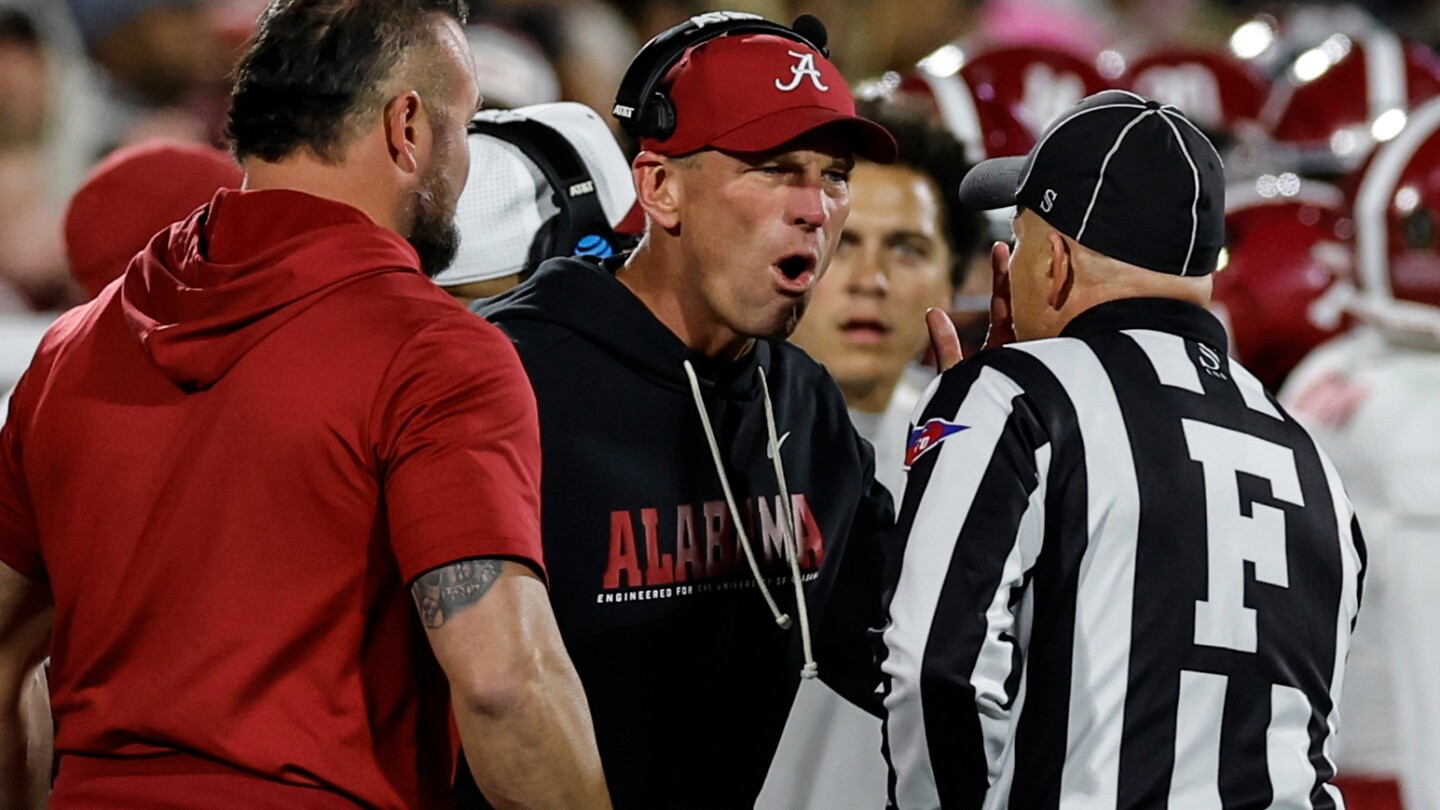GambleAware Urges Action as 87% of Teens Exposed to Gambling

URGENT UPDATE: GambleAware has just released alarming findings revealing that 87% of students aged 13-17 have encountered gambling content, raising serious concerns about the influence of social media on youth. This survey, conducted by Social Finance and Sherbert Research, highlights the pervasive nature of gambling messaging across popular platforms like YouTube, TikTok, Instagram, Kick, and Twitch.
The findings underscore a critical issue: one in six young participants reported seeing influencers promote gambling products directly to their followers, including children. One respondent emphasized the frequency of exposure, stating, “I usually see stuff like this daily. I’m on TikTok every day and see something like that.” Another participant noted how algorithms deliver gambling content to users without any prior interest, making it unavoidable.
The survey reveals that a staggering 79% of respondents believe stricter regulations are necessary to limit gambling content on social media. Moreover, 78% of young people feel that no one under 18 should be exposed to such advertising. As one young participant expressed frustration over the overwhelming number of gambling ads on platforms like YouTube, stating, “It wasn’t even funny.”
The report also sheds light on young people’s perceptions of celebrity involvement in gambling. A significant 67% of respondents agreed that celebrities and influencers should not promote gambling messaging. This reflects a growing concern among youth about the normalization of gambling as a result of influencer culture.
GambleAware CEO Zoe Osmond OBE emphasized the importance of these findings. She stated, “It is unacceptable that children’s environments continue to be flooded with age-restricted content. Consistent exposure to influencer-driven gambling content contributes to the normalization of gambling among school-aged children.” Osmond further warned that early exposure to gambling can lead to higher risks of gambling-related harm later in life.
As the conversation around gambling advertising intensifies, Osmond calls for legal recognition of the changing landscape of gambling proliferation. She noted that a related study, released weeks ago, indicates that attempts to promote responsible gambling may be ineffective, as they fail to convey the addictive nature of gambling.
The growing trend of gambling exposure among youth poses urgent questions for policymakers, educators, and parents alike. As these developments unfold, stakeholders must act swiftly to protect children from harmful content and advocate for stronger regulations surrounding gambling advertising.
What’s next? Authorities and advocacy groups are expected to rally for legislative changes in response to these findings, and ongoing discussions about the role of influencers in promoting gambling will continue to gain traction. As public awareness grows, the urgency to address this issue cannot be overstated. Stay tuned for further updates on this evolving situation.






